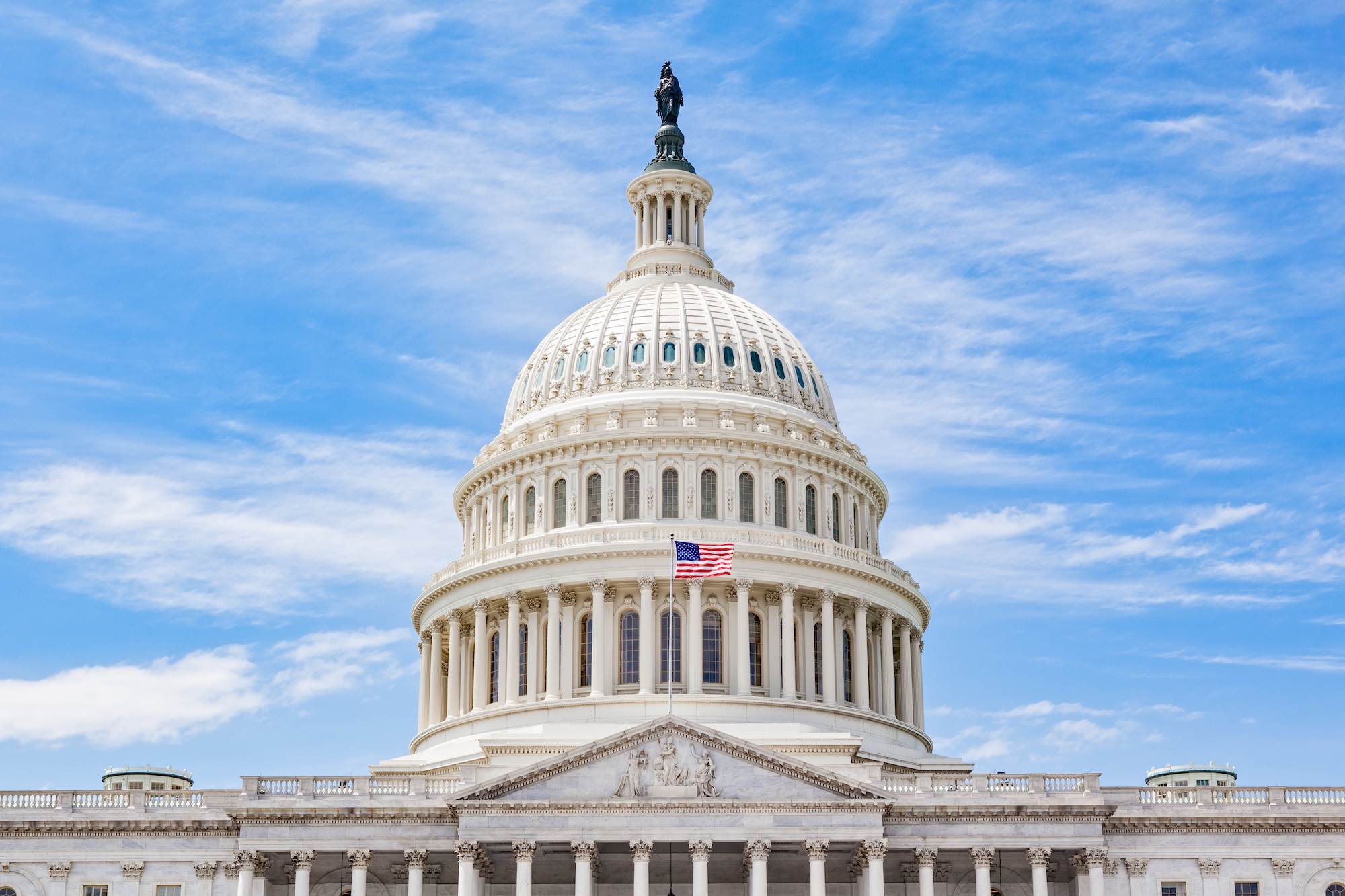
US conservatives are moving away from the old orthodoxy on how to balance deficits and revenues.
RECOMMENDED READING
If there is an indelible image of the ossified orthodoxy that came to control the Republican party in recent decades, it is probably the scene on an Iowa debate stage in August 2011. All eight candidates for president raised their hands to indicate that they would walk away from a deal that cut 10 dollars of spending for every one dollar of tax increases. Where had so absurd a position originated? Not with Ronald Reagan, who raised taxes repeatedly when his initial tax cut widened the deficit by more than anticipated.
Rather, a confluence of easily disproved theories had come together, forming a rushing river of zealotry that culminated in UN ambassador Nikki Haley’s infamous declaration, in response to the Covid-19 pandemic sweeping across the US, that “tax cuts are always a good idea”. Those theories are finally fading as conservatives reassess their blind faith in free markets and hostility to government. Tax and budget debates are shifting as a result.
Recommended Reading
Will Trump II See the Return of Fiscal Conservatism?
The long-standing conservative consensus on tax cuts is now teetering, and even if Republicans win the presidency and both houses of Congress, TCJA’s extension is no sure thing.
A New Conservatism: Freeing the Right From Free-Market Orthodoxy
In this feature essay for Foreign Affairs, American Compass executive director Oren Cass discusses a path forward for conservatism that is no longer bound by free-market orthodoxy.
Why Trump Is Right About Tariffs
Taxing imported goods is unpopular with economists, but it could help the U.S. lower the trade deficit, strengthen its industrial base and safeguard national security.











